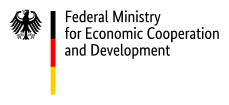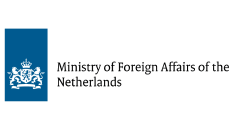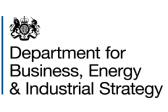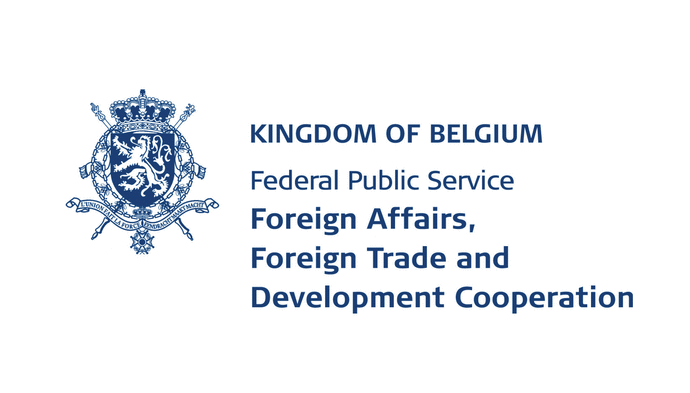Palestine - Investment Planning and Supporting Sectoral Action Plans

The NDC Partnership has been supporting Palestine with its nationally determined contribution (NDC) ambitions since 2019, including efforts to enhance its NDC and implementation as part of the Paris Agreement’s NDC update process and submission of updated NDC by 10 October 2021 and by developing 14 gender-responsive NDC Implementation Action Plans across six key sectors, which, taken together, comprise most of the country’s overall NDC Partnership Plan up to 2040. This support was delivered through the Partnership’s Climate Action Enhancement Package (CAEP) with support from the Islamic Development Bank (IsDB) and the World Bank.
The Partnership Plan focuses on reducing greenhouse gas emissions from the transport sector, increasing energy efficiency and enhancing the use of renewable energy. It also includes priorities around water quality and supply as well as improved waste management. The Plan is linked to Sustainable Development Goals 1, 3, 5, 6, 7 and 13, among others, and places an emphasis on gender inclusiveness. It is Palestine’s most comprehensive climate Action Plan to date and is being used to mobilize support from partners, coordinate support and track progress against NDC targets.
Importantly, this process entailed developing a comprehensive investment plan to identify resources for the implementation of the activities delineated in the plan , including a detailed breakdown of funding needs as well as existing domestic resources and international support programming. Among other actions, RICARDO AEA, the implementing partner of part of the Palestinian CAEP project, assessed potential financial resources to enhance NDC implementation in selected sectors (agriculture, energy, health, water, solid waste, transport and gender) and also supported capacity building to help equip local stakeholders with the necessary skills for implementation. Moreover, Palestine developed nine Action Plans (for six sectors) for implementing recommendations to create the enabling policy environment to ensure that the enabling environment for NDC implementation is well addressed.
Most recently, IsDB, with support from the recently launched Partnership Action Fund (PAF), began developing six additional NDC implementation Action Plans and recommendations on creating the enabling environment (as detailed below) in priority sectors not covered in the Partnership Plan, including coastal and marine, food, industry, terrestrial ecosystems, tourism and urban and infrastructure. Importantly, IsDB is again complementing this work with a further investment plan to support implementation of the sectoral actions.
As part of the work to develop specific NDC Action Plans for the six highly vulnerable sectors, IsDB and key stakeholders are also heavily involved in the policy aspects of the Action Plans. This includes assessing and understanding policy barriers and designing new policy options for delivering the mitigation and adaptation actions identified in the plans. Implementation of the policies will also be supported, including putting in place appropriate frameworks for program management and stakeholder engagement plans. Likewise, capacity building for the institutions that will deliver said policies will be necessary to ensure they are administered and successfully implemented.
Finance is, of course, considered pivotal to all of this, and in addition to the investment planning work, IsDB and partners will also conduct mapping exercises for potential donors, which includes engaging stakeholders to assess available financial resources to strengthen implementation of the Action Plans — similar to the original exercise for the first 14 plans.
Once the additional sectoral implementation and investment plans are concluded at the end of 2023, the Partnership Plan to 2040 will be updated with the new actions and financing needs to drive further support from NDC Partnership members.










